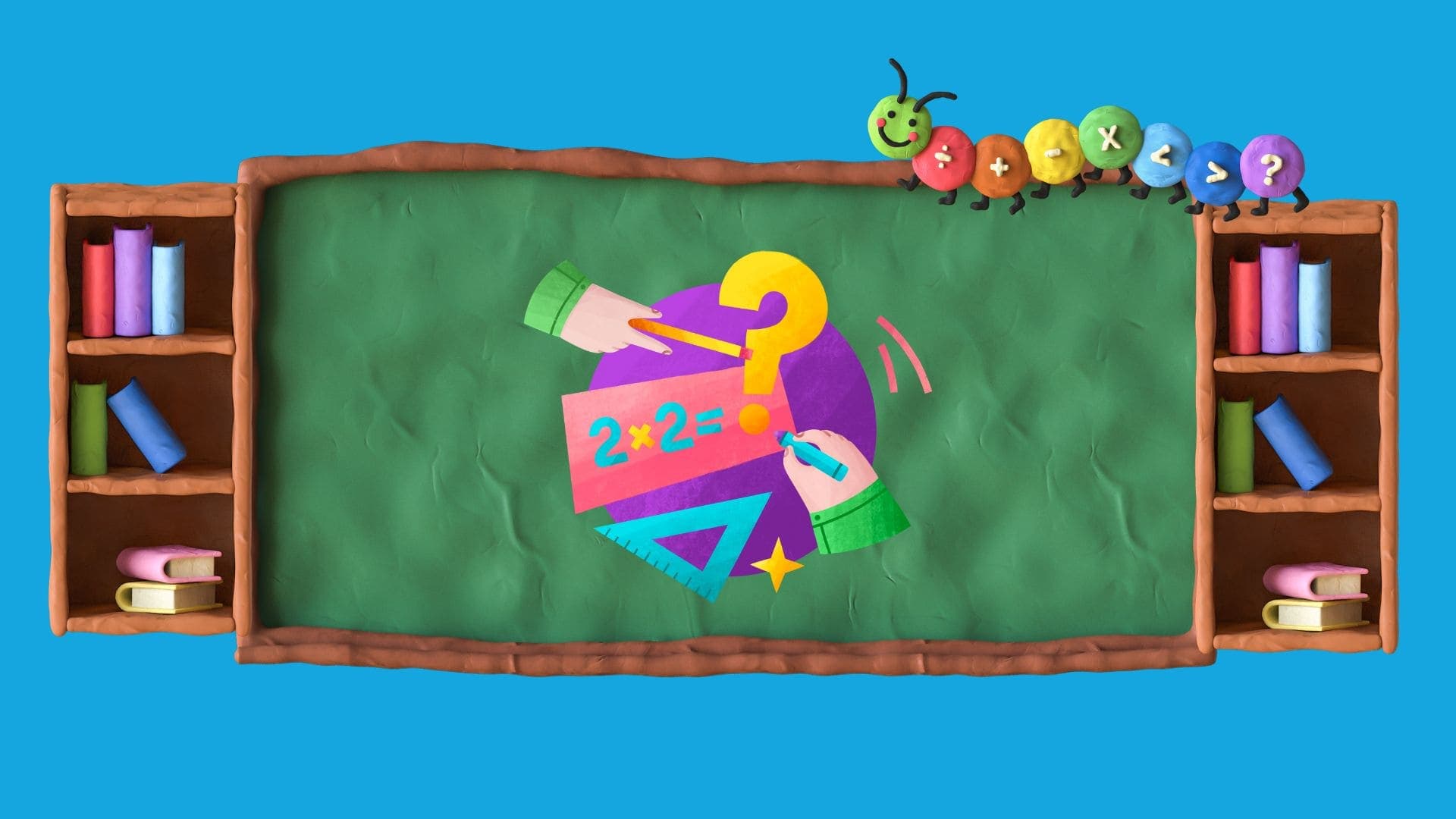
Stepping into a new classroom can be daunting. Does the school have a similar style to the ones you have previously worked at? What is the best approach to take with new students? Whether you are a seasoned veteran or looking for first time substitute teacher tips, here is some tips for substitute teachers to help with the transition into a new classroom.

When starting as a substitute teacher in any new setting, it’s important to take the time to familiarize yourself with school. Every school has a different teaching style. While it is important for you to contribute your own personality into the classroom, familiarizing yourself with the school can help both you and the students ease into this transition. This can mean understanding the specific learning style of the classroom, getting to know the colleagues and students, and learning about the management ways that the teacher has.
In each classroom, the way that teacher operates is likely to differ. Prior to a job, ask the teacher, their colleague, or the school management what normal daily operations look like or if there is anything specific you should know about the way they do classroom management. Some questions to ask ahead of time can be: What curriculum/activity schedule should I follow, are there any assignments due? While you are not the teacher that the students have everyday, it is important to understand what is most effective for the school, such as management ways and protocols.
When starting at a school, try to familiarize yourself with the staff or neighboring teachers. This is a great resource to have if you have any questions regarding the classroom for students. Further, it makes the job more enjoyable when you get to know those you are working with. While knowing your colleagues is helpful for the short-term of your teaching position, it can also be beneficial in the long-run if you plan on being a full time teacher one day. These are people who can provide you guidance down the road. Not to mention, it is great to have connections when looking for a full time position.
If you have the opportunity to speak with the teacher that you’ll be substituting for prior to the job, ask if there are any management styles that they have. This can be shown through both a reward system or disciplinary style. Are the specific prizes or points for positive behavior? What steps should you take if students are rude or even violent? You want to try to keep the students’ routine as similar to normal as possible, especially if it is with younger kids. Speaking to the teacher ahead of time is not always an option, if not, utilize the connections you made with your colleagues and ask them!
When transitioning into your new role, it is found to be beneficial to understand the school protocols to maximize efficiency. These protocols can be more closely understood as the rules regarding things such as tardiness, bathroom breaks, and electronic usage. It is best to gain an understanding both of the strictness of these protocols and of the steps you are able to take in regard to them. How much power do you have at this specific school? It is important to know if you are the one who can administer disciplinary actions or is this done by an administrator?

In a new classroom, you can find it beneficial to “pivot”. Many times, a student may be more inclined to lash out or demonstrate disruptive behavior when a substitute teacher is present, as opposed to their normal instructor. Generally, students may view the substitute as someone who is temporary or as a figure carrying less authority. As a result, they may be more inclined to illustrate a lack of respect toward the substitute teacher.
If this occurs, you can pivot the classroom, both figuratively and literally. The term pivot can be looked at as changing both your direction and the focus of the classroom away from a distracting student and towards something more positive. For example, if a student is constantly calling out in class without raising their hand, simply ignore them and instead, call on a student who demonstrated more decorum. When calling on the student, it is important to acknowledge their positive behavior by saying “yes, _____, thank you for raising your hand.”
Ashley Greenwald highlights in the Nevada Today article that pivoting “is basically a chance to physically turn your body toward desired behavior and briefly withhold attention from a student who is exhibiting minor disruptive behavior that is reinforced by teacher attention.” Try your best to simply not give attention to the disruptive student. If it gets out of hand, that is when you can enforce disciplinary action.

During a teaching job, try to create a fun and engaging atmosphere for the students. Since they may not know you, they may be a bit shy to contribute to the conversation or ask questions. Try to create a setting where a student may be more comfortable to participate. Some examples of this are by putting students in small groups or playing games. When students are in small groups to work together, they are surrounded by people who they are familiar with. To increase student engagement, you can also try incorporating learning games for the students. There are many games, such as Kahoot, where students are able to participate in the classroom without having to speak out.
At the end of the day, you are not the students’ normal teacher, and you don’t have to try to be. Utilize resources, such as colleagues, to feel comfortable in the position. Ultimately, though, it is important to remember that this is an opportunity for you to work with and teach these students. Whether you are there for a day or a week, use it to inspire the students and depict some of yourself in the curriculum as well.

Traditionally, homework has been an extension of classwork that enhances learning. In the recent past, the role and efficacy of homework in elementary education have been topics of intense debate. Parents, educators, and policy framers often grapple with questions about the appropriateness, amount, and gains students derive from homework. Recent research explains this issue, offering …

Stuck at home and still need to prepare for an exam? We share study tips honed from years of e-learning experience.

Being a teacher can require you to handle many stressful situations. Here are a few tips and words of encouragement to help you maintain good mental health and self care practices while teaching.